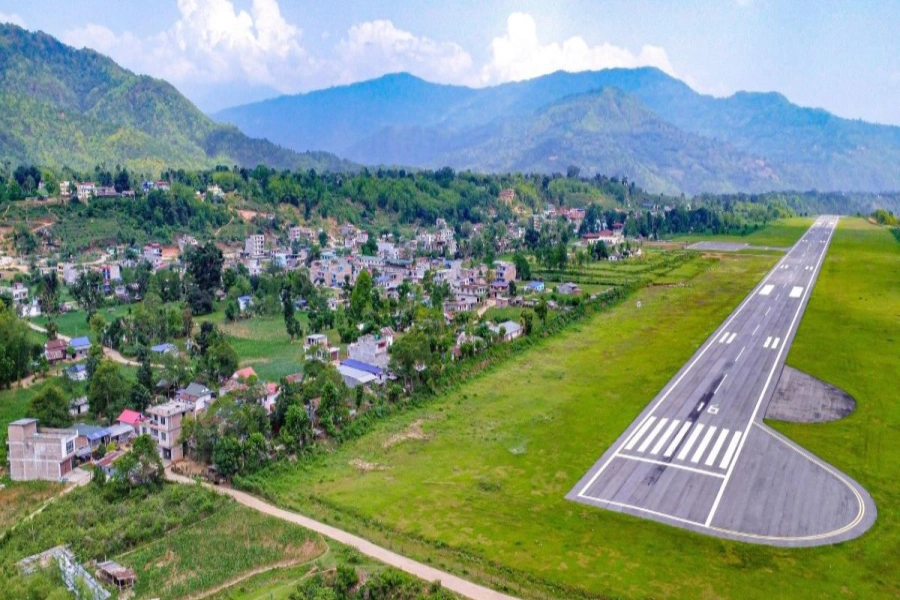KATHMANDU, Nov 15: Kathmandu Metropolitan City (KMC)'s plan to reduce urban poverty has reached nowhere in lack of definition of poverty and policy to implement it.
The budget allocated for the program has remained unspent. Under social welfare program KMC annually allocates millions of rupees. It has allocated over Rs 200 million under social welfare program for the current fiscal year.
According to the KMC, 25 to 40 percent of total budget is allocated for capital expenditure. Fifteen percent is allocated for children welfare, 10 percent for women welfare and 15 percent for the welfare of urban poor and senior citizens.
“It is difficult to identify urban poor due to lack of a standard definition and policy,” said Rajya Prakash Pradhananga, director of Social Welfare Program at the KMC.
Pradhananga argued that complications emerged as locals of traditional settlement in Kathmandu denied to be identified as urban poors.
“Migrated people are not considered as urban poor by the KMC. The local people don't want to be labeled as urban poor,” said Pradhananga.
KMC officials believe living standards of locals in traditional settlements of Kathmandu is poor in terms of sanitation and housing although their income is relatively good.
“The problem of squatters has become a serious issue to mitigate urban poverty,” he said. “Since we lack identity cards, children from squatters' community are deprived of scholarship schemes.”
“The government should clearly define squatters so as to address their problems.”
Poverty: A Multidimensional Problem, Nepalese Context

KMC has plans such as skill development, creating awareness, employment opportunity and capacity building to reduce poverty prevalent among such urbanites. It focuses on four sectors such as seed money, skill development, capacity development and organizational development.
“Implementation of the program related to alleviation of poverty in urban areas is not effective,” said Pradhananga.
“People take training only to get certificates and after training they do not contact us and we also don't do any follow up,” said Pradhananga. “In the name of urban poor, other people including women come for training provided by the KMC so that they can go abroad,” he added.






































